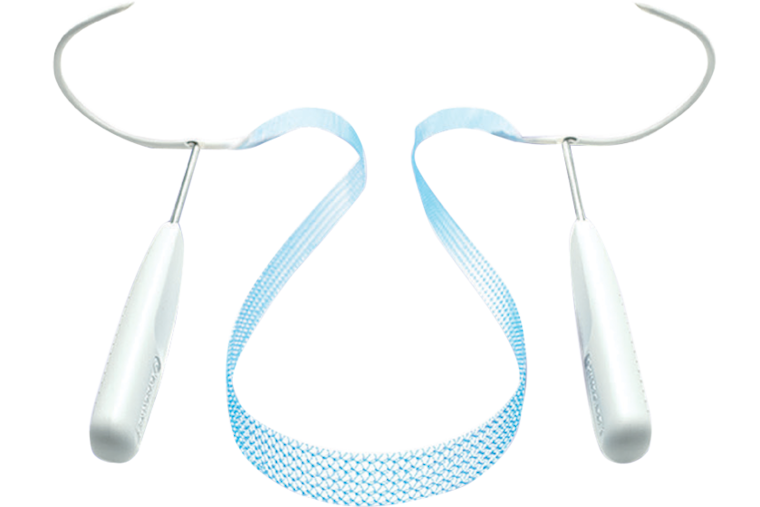Pennsylvania woman awarded $120 million in vaginal mesh case against Johnson & Johnson
The award, with $100 million in punitive damages, is believed to be a record in the recent spate of vaginal mesh cases.

A subsidiary of Johnson & Johnson must pay $120 million to a Pennsylvania woman who was severely injured by vaginal mesh implanted to treat urinary incontinence.
A Philadelphia jury found that the J&J subsidiary, Ethicon, was negligent in the design of its TVT-O device, a strip of plastic mesh that had eroded into the Altoona woman’s vagina.
Susan McFarland, 68, had the medical device implanted in 2008 and was left suffering from pelvic pain and chronic urinary tract infections. Surgery to remove the mesh failed to help, her lawyer said.
The $120 million verdict, which includes $100 million in punitive damages, is believed to be the largest to date in a vaginal mesh case, according to McFarland’s lead counsel, Tracie Palmer, of Kline & Specter.
“Susan is unable to have sex and hasn’t been able to since her implant 10 years ago,” Palmer said. "That is her main injury.
“The jury’s message to Johnson & Johnson is: ‘Take this product off the market for the health and safety of America’s women,’” Palmer said. “They could see the company had not taken responsibility for their actions.”
Mindy Tinsley, a spokeswoman for Johnson & Johnson’s Ethicon, said the company would appeal the verdict.
“While Ethicon empathizes with women who experience medical complications, this verdict and the damages awarded are inconsistent with the science, Ethicon’s actions, and previous verdicts related to our TVT-O product, which continues to be the gold standard of treatment for stress urinary incontinence,” Tinsley said in a statement.
“We believe the evidence showed Ethicon’s TVT-O device was properly designed and that Ethicon acted appropriately and responsibly in the research, development and marketing of the product. Unfortunately, the jury was not permitted to hear critical evidence related to the FDA’s review and classification of these devices, which we believe significantly influenced the verdict and punitive award in this case,” the statement concluded.
Palmer said McFarland is doing well, all things considered, and “still processing” her victory. She still suffers the original incontinence that the device was meant to cure. The jury took three hours to decide its verdict.
Kline & Specter attorneys won the previous six Philadelphia verdicts in vaginal mesh cases, including a verdict for $57.1 million and, in February, a $41 million verdict.